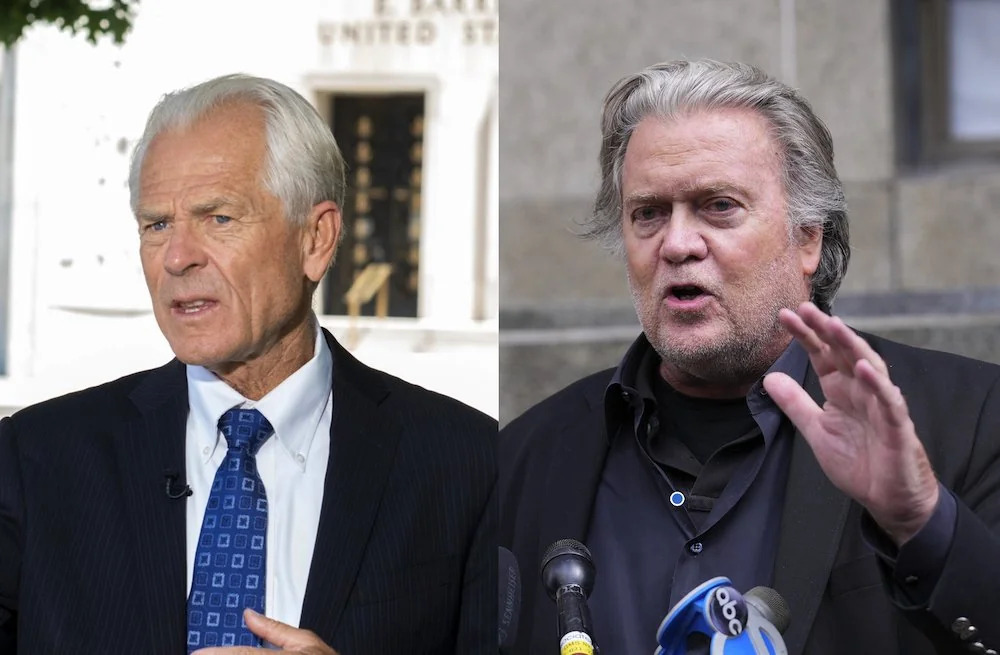In a contentious battle between congressional oversight and claims of executive privilege, the House January 6th “Select” Committee has come under fire for what critics argue are blatant violations of procedural and constitutional norms. Most notably, the recent cases involving Steve Bannon and Peter Navarro have ignited a firestorm of legal debate and public outcry.
Jeff Clark, a Senior Fellow at Citizens for Renewing America, has been a vocal critic of the committee’s actions, asserting that all depositions and subpoenas issued by the J6 Committee exceed its lawful authority. According to Clark, the foundational premise upon which Steve Bannon and Peter Navarro were held in criminal contempt of Congress is, in his words, a “nothing burger.”
“The J6 Committee was established in violation of the law,” Clark contends, adding that it was crafted to fulfill predetermined outcomes rather than serve genuine investigative purposes. Clark further criticizes the committee for its procedural irregularities, including its composition, the lack of Republican influence in member selection, and the absence of a Ranking Minority Member or Minority Counsel.
Steve Bannon, a prominent figure in the populist conservative movement and a close advisor to former President Donald Trump, has been a primary target of the committee. Recently ordered by a federal judge to begin a four-month prison term starting July 1, 2024, Bannon’s case has garnered widespread attention and sparked accusations of partisan maneuvering aimed at stifling his influence.
Clark and Citizens for Renewing America argue that Bannon’s assertions of executive privilege, conveyed through President Trump and his legal team, were summarily dismissed by the committee. This dismissal, they argue, underscores the committee’s disregard for fundamental legal protections and its singular focus on silencing dissenting voices rather than uncovering the truth behind the events of January 6th.
Moreover, Clark and his organization point to the imprisonment of Peter Navarro, another advisor to Trump, as further evidence of the committee’s overreach. They urge immediate action from concerned citizens, calling for support to compel the House to intervene. Their proposed actions include directing the House General Counsel to file legal briefs supporting Bannon’s legal challenges and advocating for a House Resolution condemning the committee’s actions and highlighting its alleged misconduct.
“We must end the unfair and unconstitutional weaponization of government against individuals like Steve Bannon and Peter Navarro,” Clark emphasized. “The Speaker of the House and all Members must act swiftly to rectify these severe injustices.”
As the legal battles continue to unfold, the fate of Bannon and Navarro remains uncertain. Their cases have become emblematic of broader concerns over the limits of congressional authority and the protection of individual rights in the face of partisan investigations.
In the coming days, the nation will watch closely as these issues unfold, with implications that extend beyond individual cases to the very foundation of congressional oversight and executive privilege in American governance.


You must be logged in to post a comment Login